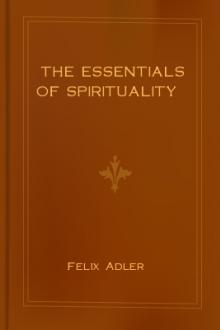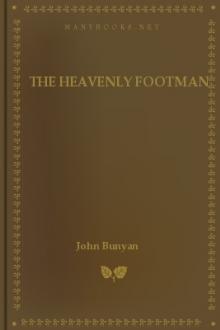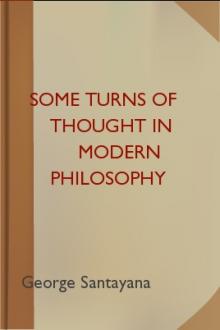Genre Philosophy. Page - 4
No registration or authorisation! And it is all for free!

ection.A second condition of the spiritual life has been expressed in the precept, reiterated in many religions, by many experts in things relating to the life of the soul: "Live as if this hour were thy last." You will recall, as I pronounce these words, the memento mori of the Ancients, their custom of exhibiting a skeleton at the feast, in order to remind the banqueters of the fate that awaited them. You will remember the other-worldliness of Christian monks and ascetics who

ntoprison and even voted for their being put to death. I became soexceedingly mad against them that I even pursued them to foreigncities."Then as I was journeying[6] to Damascus, with the authority of thechief priests themselves, at mid-day I saw on the way a light from thesky, brighter than the blaze of the sun, shining round about me and mycompanions. And, as we were all fallen on to the road, I heard a voicesaying to me: "'Saul, Saul, why do you persecute me? It is hard for you to

h it may be known: it is One; it is Holy; it is Catholic; it is Apostolic.133. Q. In which Church are these marks found? A. These marks are found in the Holy Roman Catholic Church alone. LESSON ELEVENTH ON THE SACRAMENTS IN GENERAL 136. Q. What is a Sacrament? A. A Sacrament is an outward sign instituted by Christ to give grace. 137. Q. How many Sacraments are there? A. There are seven Sacraments: Baptism, Confirmation, Holy Eucharist, Penance, Extreme Unction, Holy Orders, and Matrimony. 138.

perhaps, but littleenlightening, for they can have little bearing upon our conception ofwhat we ought to do.A presumption against this arbitrary assumption that we have the one andonly desirable code is suggested the unthinking acceptance of thetraditional by those who are lacking in enlightenment and in the capacityreflection. Is it not significant that a contact with new ways ofthinking has a tendency, at least, to make men broaden their horizon andto revise some of their views? In other

e the way is long, (I speak metaphorically,) and there is many a dirty step, many a high hill, much work to do; a wicked heart, world, and devil to overcome. I say there are many steps to be taken by those that intend to be saved, by running, or walking, in the steps of that faith of our father Abraham. Out of Egypt thou must go through the Red Sea; thou must run a long and tedious journey, through the vast howling wilderness, before thou come to the land of promise.4. They that will go to

nce in a good sense or a bad. We interpret it by our antecedent impressions.The very same sentiments, according as our jealousy is or is not awake, or our aversion stimulated, are tokens of truth or of dissimulation and pretence. There is a story of a sane person being by mistake shut up in the wards of a Lunatic Asylum, and that, when he pleaded his cause to some strangers visiting the establishment, the only remark he elicited in answer was, "How naturally he talks! you would think he

remember well the magic of that first romantic glance across acrowded ballroom, the guileless smile and downcast eyes thatinstantaneously made my heart skip a beat. I remember the soulstirring melody of Band of Gold and the lingering smell of peachesand the gentle winds against my ears on a pleasant summer night.Sequential Problem Solving is about memories and dreams, making themcome true, and keeping them alive.Sequential Problem Solving is about becoming both a success and alifelong-learner.

lly grow up.Filial piety and fraternal submission!-- are they not the root ofall benevolent actions?'CHAP. III. The Master said, 'Fine words and aninsinuating appearance are seldom associated with true virtue.'CHAP. IV. The philosopher Tsang said, 'I daily examinemyself on three points:-- whether, in transacting business forothers, I may have been not faithful;-- whether, in intercoursewith friends, I may have been not sincere;-- whether I mayhave not mastered and practised the instructions of

es sleep because it has a dormitive virtue. The virtues or moral uses of things, according to Socrates, were the reason why the things had been created and were what they were; the admirable virtues of opium defined its perfection, and the perfection of a thing was the full manifestation of its deepest nature. Doubtless this moral interpretation of the universe had been overdone, and it had been a capital error in Socrates to make that interpretation exclusive and to substitute it for natural

s of derision, although his majestic face and dignified manner were only calculated to excite admiration. As the shouts of laughter and yells of derision came down to his ears he raised his head and uttered a few words."Who is he?" asked Marcellus. "Alexander, a teacher of the abominable Christian sect. He is so obstinate that he will not recant--" "Hush, he is speaking." "Romans!" said the old man, "I am a Christian. My God died for me, and I gladly